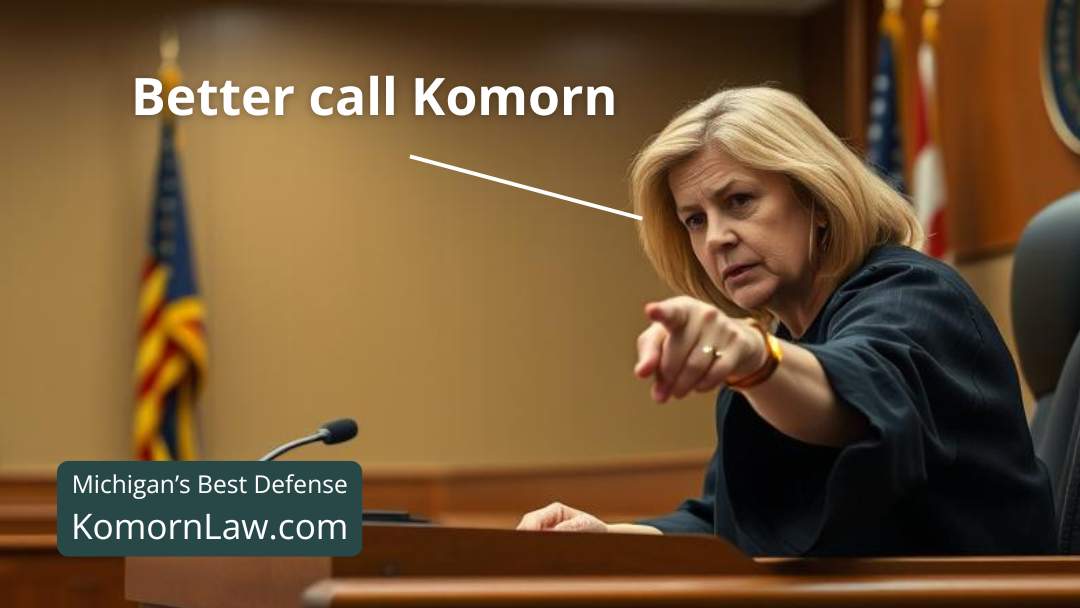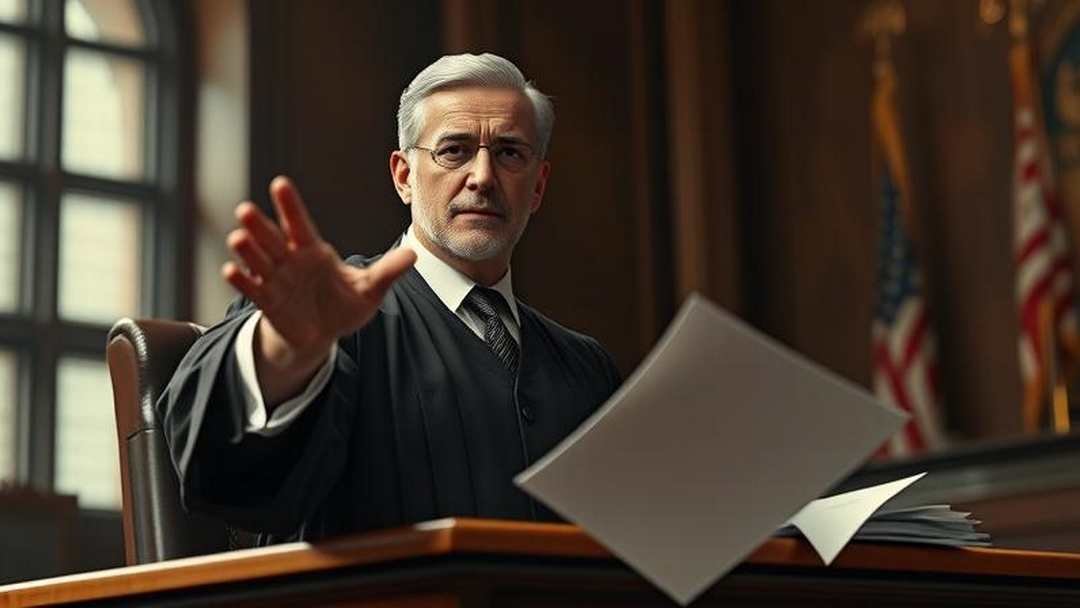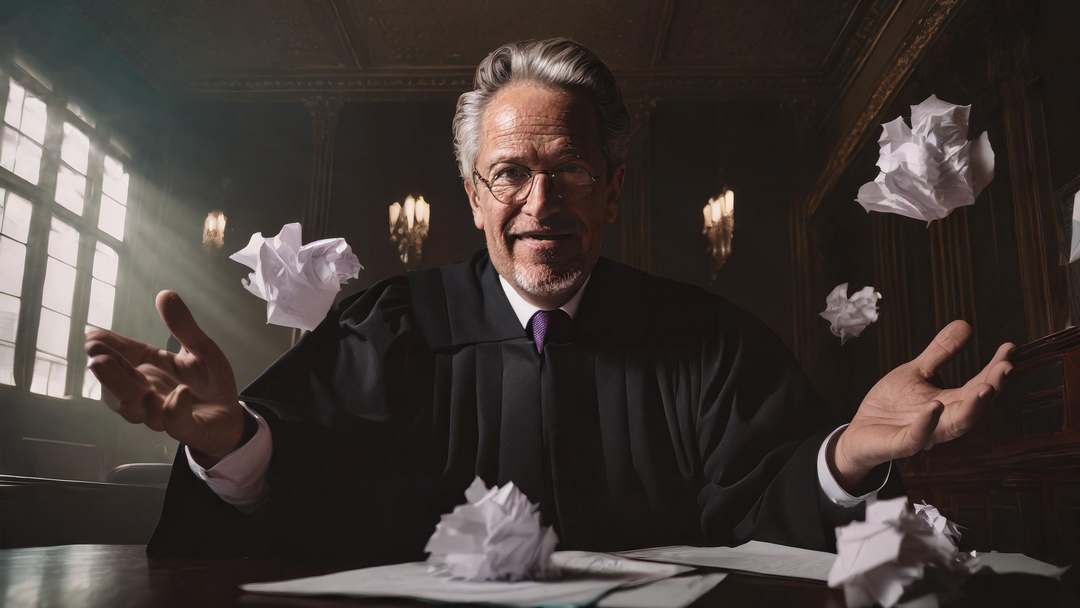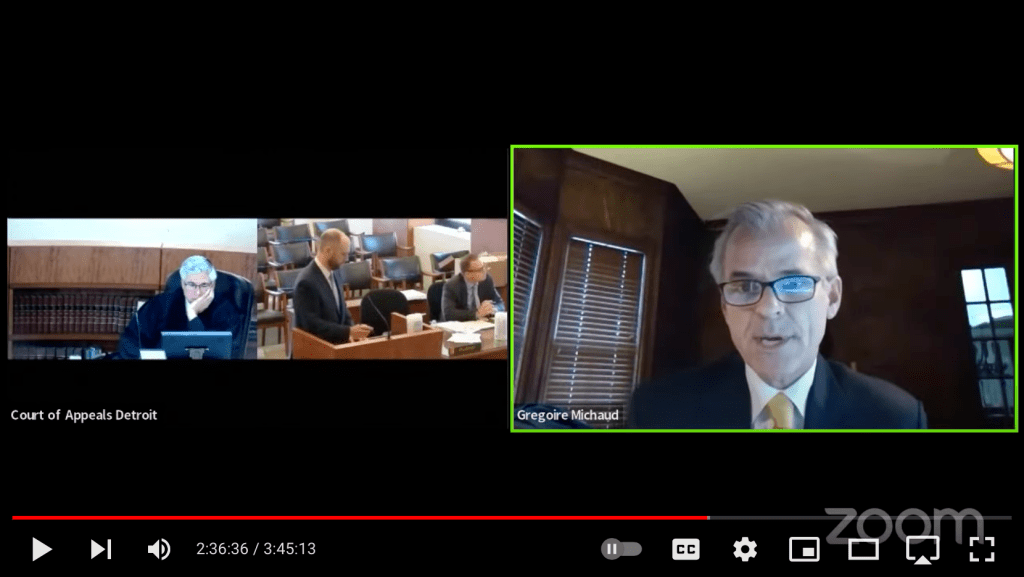Judge tosses lawsuits stemming from Michigan’s marijuana recall LANSING, MI -- A Michigan Court of Claims judge on...

Legal Tip – Your Rights During a DUI Stop in Michigan
Komorn Law – Quick Legal Tips
Legal Tip: Understanding Your Rights During a DUI Stop in Michigan
A DUI stop can be stressful, but knowing your rights is crucial.
- You have the right to remain silent. You are not obligated to answer questions beyond basic identification. Politely state that you wish to remain silent and consult with an attorney.
- You have the right to refuse field sobriety tests (FSTs). While refusal can lead to an administrative suspension of your driver’s license under MCL 257.625f, these tests are subjective and your performance can be misinterpreted.
- You have the right to refuse a preliminary breath test (PBT) before arrest. Similar to FSTs, refusing a PBT carries administrative license sanctions under MCL 257.625a. However, the results of a PBT are typically inadmissible in court as evidence of intoxication.
- You do not have the right to refuse a chemical test (breath, blood, or urine) after a lawful arrest. Refusal at this stage can lead to more severe penalties, including a longer license suspension and potential criminal charges under MCL 257.625d.
Facing DUI charges requires experienced legal counsel. Komorn Law has been vigorously defending clients in Michigan since 1993, ensuring their rights are protected and exploring all possible defense strategies. Trust our decades of experience to navigate the complexities of DUI law.
Our Service Area
We fight for our clients throughout the State of Michigan and Northern Ohio.
Here are some court contacts we frequently handle cases.
Oakland County
If you are facing any legal charges in Oakland County and need to hire an attorney, call our Office (248) 357-2550. If you need to contact the court, here is the information:
- Telephone Number: (248) 858-0344
- Address: 1200 N Telegraph Rd, Department 404, Pontiac, MI 48341-0404
- Website:
Oakland County 6th Judicial Circuit Court
Macomb County
If you are facing any legal charges in Macomb County and need to hire an attorney, call our Office (248) 357-2550. If you need to contact the court, here is the information:
- Telephone Number: (586) 469-5150
- Address: 40 N. Main Street, Mt. Clemens, MI 48043
- Website:
Macomb County 16th Judicial Circuit Court
Wayne County
If you are facing any legal charges in Wayne County and need to hire an attorney, call our Office (248) 357-2550. If you need to contact the court, here is the information for the Third Circuit Court (Wayne County):
- Telephone Number (Civil/Family): (313) 224-5510
- Telephone Number (Criminal): (313) 224-5261 or (313) 224-2503
- Address (Civil/Family): 2 Woodward Avenue, Detroit, MI 48226
- Address (Criminal): 1441 St. Antoine, Detroit, MI 48226
- Website:
https://www.3rdcc.org/
Kent County
If you are facing any legal charges in Kent County and need to hire an attorney, call our Office (248) 357-2550. If you need to contact the court, here is the information:
- Telephone Number: (616) 632-5220
- Address: 180 Ottawa Avenue NW, Grand Rapids, MI 49503
- Website:
Kent County
Traverse County
If you are facing any legal charges in Traverse County and need to hire an attorney, call our Office (248) 357-2550. If you need to contact the court, here is the information for the 13th Circuit Court (which includes Traverse County):
- Telephone Number: (231) 922-4701
- Address: 328 Washington Street, Suite 300, Traverse City, MI 49684
- Website: Traverse City 13h Circuit Court
Monroe County
If you are facing any legal charges in Monroe County and need to hire an attorney, call our Office (248) 357-2550. If you need to contact the court, here is the information:
- Telephone Number: (734) 240-7020
- Address: 106 E First Street, Monroe, MI 48161
- Website: Monroe County 38th Circuit Court


























